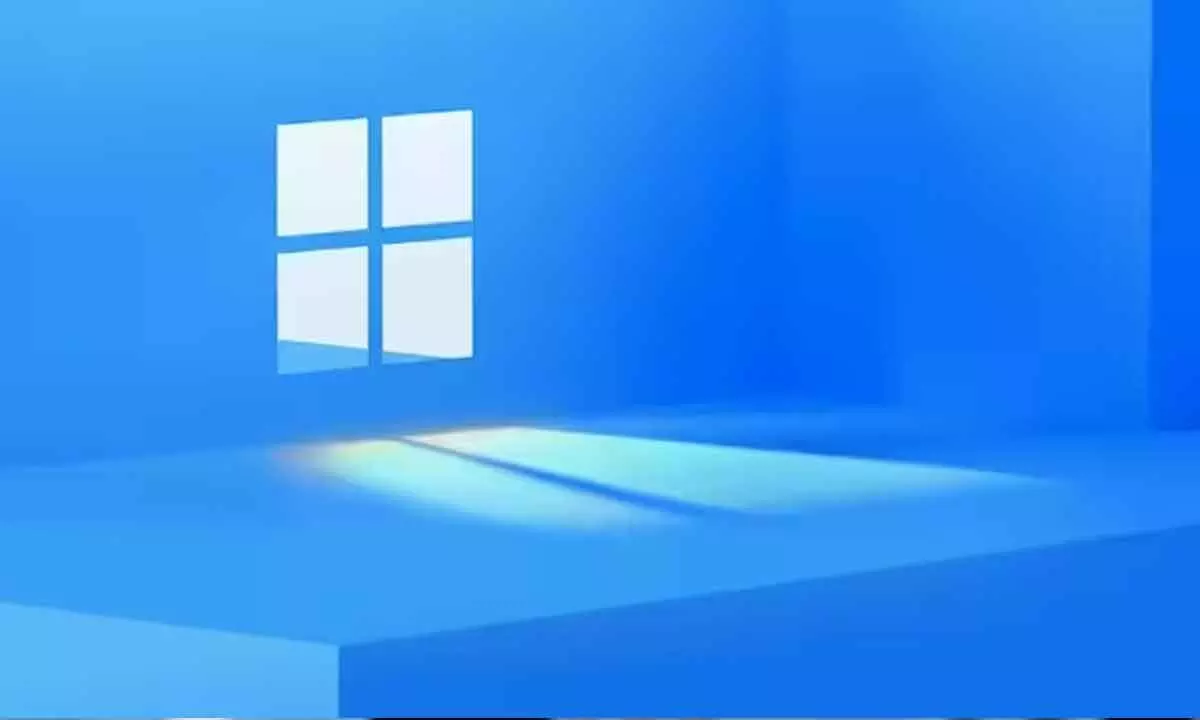Microsoft’s Windows 10 End Date: What Happens After October 14?
Microsoft to cut free Windows 10 updates. Consumer groups warn millions of users could be exposed to cyber threats after October 2025.
image for illustrative purpose

Millions of computer users worldwide could face heightened security risks next month as Microsoft prepares to discontinue free security patches for Windows 10, according to consumer advocacy groups.
Consumer Reports has urged Microsoft to extend no-cost updates for Windows 10 beyond the scheduled end date of October 14, 2025. The organization sent a letter to CEO Satya Nadella, arguing that halting support will expose a large population of users to cyberattacks, particularly those unable to move to Windows 11 because of strict hardware requirements.
Latest market data show Windows 10 still runs on about 46 percent of personal computers globally as of August 2025. Analysts note that a substantial share of these machines cannot meet the compatibility standards required for Windows 11, leaving owners with limited options.
Consumer Reports contends that Microsoft’s decision undermines its own message on cybersecurity. The group points out that while the company stresses the importance of stronger protections on newer systems, it is simultaneously cutting off older devices from free safeguards.
In addition, Microsoft has announced an optional paid plan for extended Windows 10 security coverage. The fee is $30 per device for a one-year subscription. Critics say this model places an unfair burden on households and small businesses and could push users toward paid Microsoft services instead of offering universal protections.
Public advocacy groups have joined the call for an extension. The Public Interest Research Group (PIRG) estimates nearly 400 million working computers may be discarded prematurely if support ends as planned. That figure raises alarms about escalating e-waste and the social cost of forcing users to replace functioning devices.
The letter from Consumer Reports emphasizes that consumers relying on older hardware are likely to be “stranded” without support. PIRG and other advocacy organizations argue that extending free security updates would protect users while easing the transition to newer platforms.
Microsoft has consistently maintained that Windows 11 offers the most secure environment and advises customers to upgrade where possible. But critics say the company has not adequately addressed the affordability and accessibility challenges many face when trying to replace older hardware.

